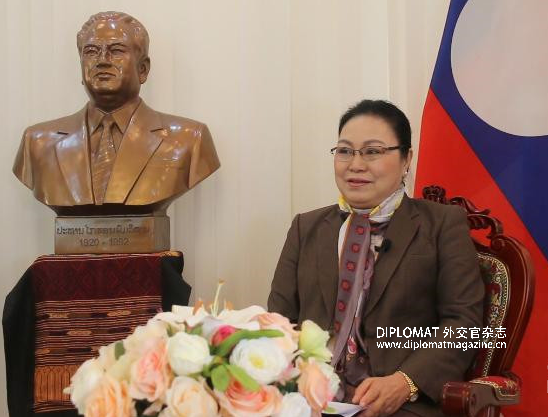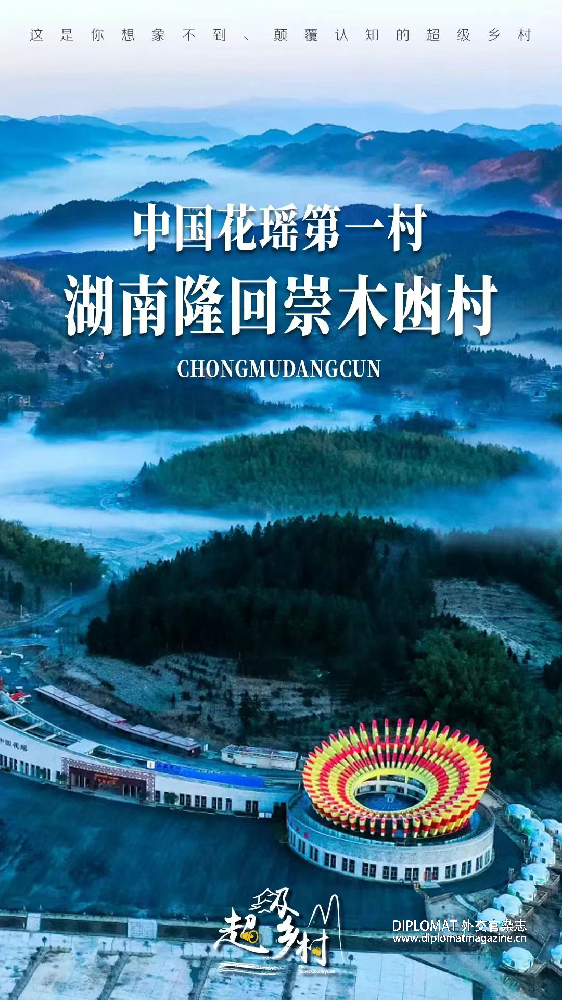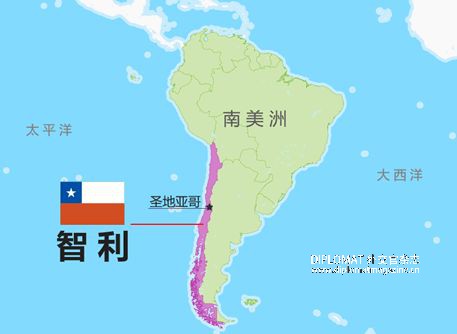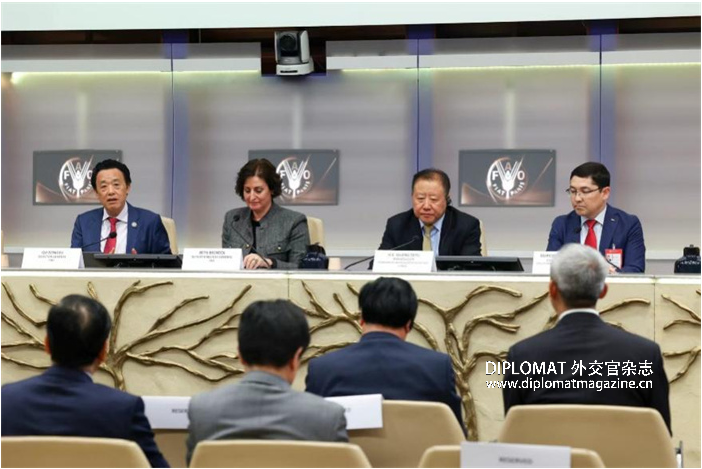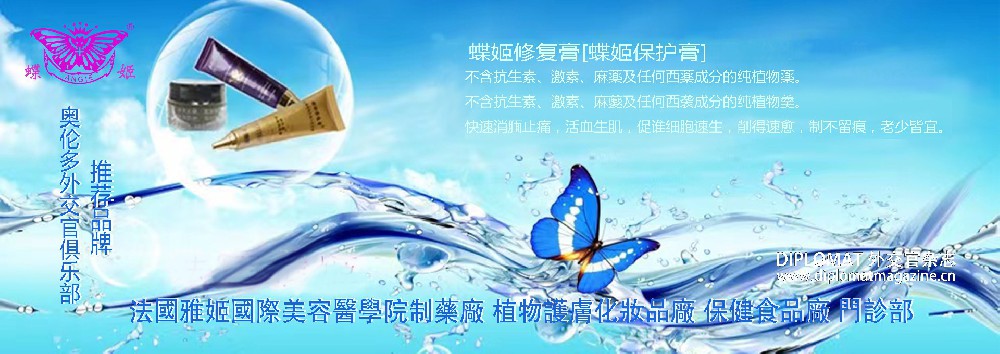导语:By Head of the Sector of the Institute of Legislation and Legal Policy under the President of the Republic of Uzbekistan, Doctor of Law, Professor Bakhodir Ismailov
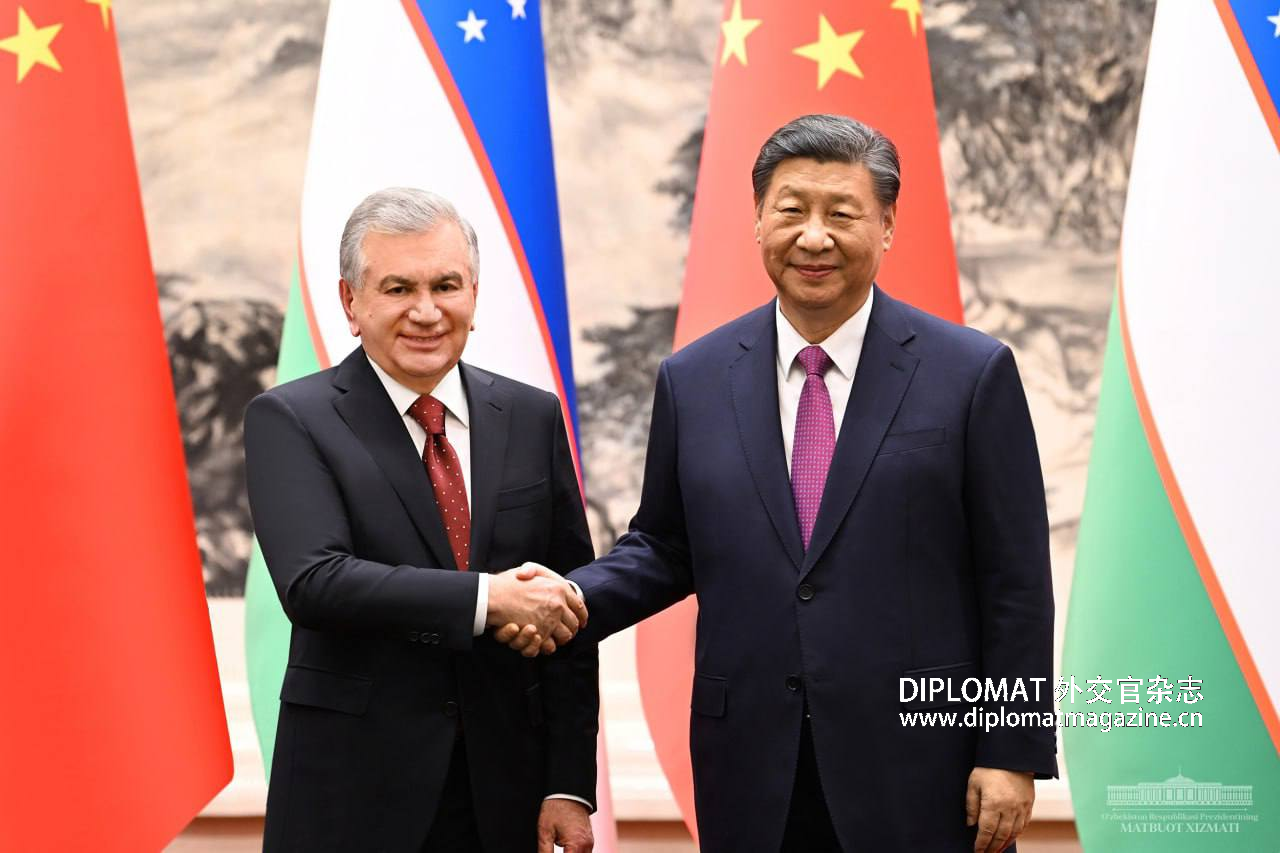
For over 30 years, Uzbekistan and China have continuously strengthened political mutual trust and developed bilateral relations based on the principles of equality, friendship, good neighborliness, mutual support, mutual benefit, respect, and consideration for each other's interests. Cooperation has been particularly active in recent years, as both countries demonstrate steady growth.
Today, China's economy remains stable and highly resilient. Its GDP has exceeded $19 trillion, with a growth rate of 5%. China contributes 30% to global economic growth, and its manufacturing output has been the world's largest for 15 consecutive years. Undoubtedly, China is a driver of the global economy.
China's economic development is characterized not only by rapid growth but also by high quality. New industries are developing rapidly, advanced manufacturing is deeply integrated with modern services, and innovative achievements in cutting-edge fields are emerging. Sectors such as wind and solar energy, as well as green-energy vehicles, lead globally.
The "low-altitude economy," represented by drones, is rapidly developing and becoming a new engine for industrial modernization. The open-model-based artificial intelligence "Deepseek" has achieved global leadership.
Chinese diplomacy consistently stands for international justice, firmly opposes hegemony, and actively promotes the formation of a fair and orderly multipolar world and inclusive economic globalization.
Uzbek-Chinese friendship has grown stronger over the years, and the prospects for cooperation between the two countries continue to expand. Today, Uzbekistan and China have established a solid legal framework, comprising around 300 documents covering almost all areas of interstate relations.
Since 2011, meetings of the Uzbek-Chinese Intergovernmental Cooperation Committee have been held, including eight specialized subcommittees. Uzbekistan actively participates in China's "Belt and Road" initiative, launched in 2013, aimed at creating a network of transport, energy, and trade corridors connecting China with Europe, Africa, and other regions of Asia.
With the election of Shavkat Mirziyoyev as President of Uzbekistan in 2016, Uzbek-Chinese cooperation entered a phase of more dynamic development. This is facilitated by regular high-level political dialogue and the friendly, trusting relationship between the leaders of the two countries.
Since 2017, the heads of state have held around 10 meetings. President of the People’s Republic of China Xi Jinping visited Uzbekistan in 2022, while the Uzbek leader visited China in 2017, 2019, 2022, 2023, and 2024. Over the past three years alone, state visits have resulted in the signing of around 70 documents and agreements on trade contracts and investment deals worth over $40 billion.
Deepening multifaceted cooperation also relies on active dialogue at intergovernmental, interparliamentary, and interagency levels. Since 2017, the Interparliamentary Cooperation Group between the Oliy Majlis of Uzbekistan and the National People's Congress of China has facilitated mutual visits and joint events to exchange legislative experience.
Thanks to the political will and efforts of the heads of state, bilateral relations were elevated to a comprehensive strategic partnership in September 2022, reflecting shared views and geopolitical priorities. In 2022, an agreement was reached to establish a subcommittee on poverty reduction under the Uzbek-Chinese Intergovernmental Cooperation Committee.
In November 2023, Beijing hosted the inaugural Strategic Dialogue between the Foreign Ministers, creating a mechanism to implement high-level agreements.
Interregional exchanges have also intensified. Over the past three years, Uzbekistan has hosted delegations from China's Xinjiang Uygur Autonomous Region and the provinces of Shaanxi, Shandong, Jiangsu, Jiangxi, and Fujian. These visits resulted in over 100 investment agreements worth $3.5 billion, as well as partnerships between Uzbek and Chinese cities and regions.
A new platform for China's interaction with Central Asia is the "Central Asia-China" summit format. The first summit in May 2023 produced the Xi'an Declaration, institutionalizing cooperation in this new format.
In January 2024, during President Mirziyoyev's state visit to China, the two sides agreed to elevate relations to a comprehensive strategic partnership for a new era and promote a China-Uzbekistan community with a shared future from a higher starting point.
China and Uzbekistan consistently support each other on issues affecting core interests, uphold true multilateralism, promote shared values, and actively contribute to global and regional stability.
China is Uzbekistan's largest trade and investment partner. In 2025, China accounted for 33% of all foreign direct investment in Uzbekistan, with over 3,500 Chinese-invested enterprises operating in the country. These include high-tech giants like Huawei, ZTE, Wenzhou Jinsheng Trading, Peng Sheng, Sinotruk, Heng Bang Textile Central Asia, BYD, SANY Renewables International Investment Co., Ltd, and China Electrical Equipment International Co., Ltd.
Chinese investors show sustained interest in Uzbekistan, investing heavily in oil and gas, chemicals, telecommunications, hydropower, agriculture, light industry, pharmaceuticals, automotive, and construction materials.
Beyond traditional sectors, the two countries actively cooperate in digital economy, scientific innovation, culture, education, tourism, and interregional ties. Amid the global shift to "green development," joint projects in renewable energy (solar, wind, hydro) are a priority, with China leading globally. By 2025, green energy will exceed 50% of Uzbekistan's energy mix, with Chinese producers holding 70% of the global market for solar panels, wind turbines, and batteries.
In December 2024, construction began on the China-Kyrgyzstan-Uzbekistan railway, linking China and Uzbekistan via Kyrgyzstan and extending to Europe through Turkmenistan, Iran, and Turkey as part of the New Silk Road transport system.
Starting June 1, 2025, Uzbekistan and China will waive visa requirements, facilitating interstate cooperation and people-to-people ties.
China and Uzbekistan are modernizing together. Key initiatives include the Program for Trade, Economic, and Investment Cooperation (2022-2026) and the Program for Comprehensive Strategic Partnership in the New Era (2023-2027).
Priority areas for Uzbekistan-China cooperation include:
· Transport and logistics projects to enhance transit potential and global market access;
· High-value supply chains through high-tech production;
· Climate adaptation and the "Green Silk Road," focusing on green energy, smart agriculture, and green technologies;
· Cultural and humanitarian ties, leveraging Uzbekistan's tourism potential and strengthening cooperation in education, science, culture, and healthcare.
Cultural and humanitarian exchanges are expanding, with contributions from the Uzbekistan-China Friendship Society, China-Central Asia Friendship Society, and the China National Cultural Center in Tashkent. Cooperation in education, science, tourism, healthcare, sports, and archaeology is growing, supported by joint conferences, exhibitions, cultural days, and festivals.
Youth interest in language learning is rising, with Uzbek language departments in two Chinese universities and Chinese language programs in six Uzbek universities. Confucius Institutes in Tashkent and Samarkand promote Chinese language and culture.
Beyond bilateral ties, China and Uzbekistan coordinate closely in regional and international organizations like the UN, SCO, CICA, and BRICS+, supporting each other's initiatives on sustainable development, global security, and intercivilizational dialogue.
In conclusion, Uzbekistan and China have built a unique, multilevel system of mutually beneficial cooperation, including intergovernmental committees, parliamentary groups, strategic dialogues, and vibrant humanitarian and interregional exchanges. This has elevated relations to a comprehensive strategic partnership.
Joint projects in transport, energy, industry, science, and culture reflect deeper integration, where human connections are as vital as economics. The current momentum in Uzbek-Chinese relations is set to grow further.
The upcoming Second Uzbek-Chinese Interregional Forum in Samarkand on June 1–2, alongside business forums, panel sessions, and exhibitions, will mark another milestone. Agreements like the Action Plan to Strengthen Trade-Economic Relations and Memoranda on Green Minerals Investment Cooperation will deepen bilateral ties.
With over 1,500 participants from business and government circles, these events will strengthen strategic partnership and interregional cooperation between Uzbekistan and China.
(By:Head of the Sector of the Institute of Legislation and Legal Policy under the President of the Republic of Uzbekistan, Doctor of Law, Professor Bakhodir Ismailov)



